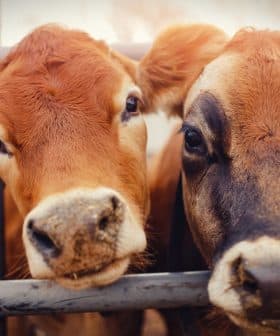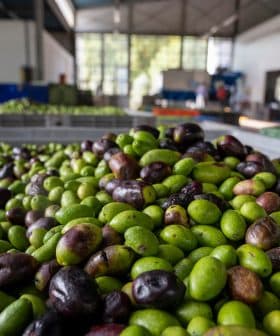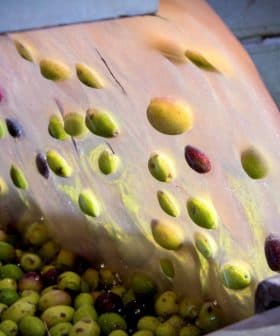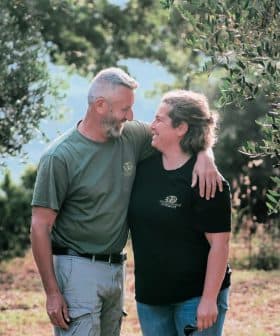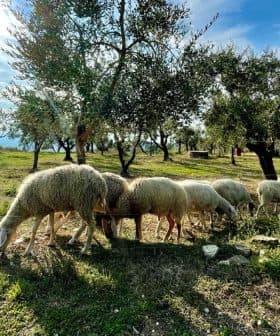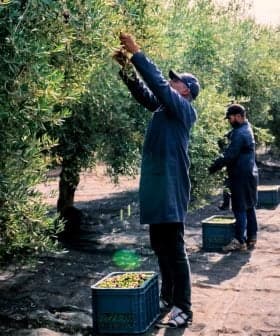Europe Okays Controversial Weed Killer
The licence for glyphosate, an active ingredient in weed killers that the WHO classified as carcinogenic, has been renewed by the EU for a period of five years.
The European Commission approved a five-year renewal of the license for glyphosate, a common weed killer, with 18 EU states voting in favor and nine against, including Germany, which swayed the result. Despite opposition from civil society organizations and the European Parliament, the European Food Safety Authority and the European Chemicals Agency have deemed glyphosate safe for use.
On November 27th, the European Commission approved a licence renewal for glyphosate, an active ingredient in many common weed killers.
Eighteen EU states voted in favor of the licence renewal for a period of five years, with nine voting against, and one abstention. Opposing the renewal were Austria, Belgium, Croatia, Cyprus, France, Greece, Italy, Luxembourg, and Malta.
Germany bowed to that corporate pressure, ignoring their own citizens and the European Parliament to give the chemical industry an early Christmas present.
But it was Germany’s vote that swayed the result in favor of the five-year renewal. With Germany in favor, the required threshold of 65 percent (of the EU population) was passed by a small margin according to the rules of qualified majority.
Christian Schmidt, Germany’s agriculture minister, apparently acted alone when he voted in favor of the motion. German Chancellor Angela Merkel confirmed at a press conference that Schmidt, who is a member of her Christian Democratic Union/Christian Social Union (CDU/CSU) party, did not take the position of the German government.
Schmidt was expected to abstain on behalf of Germany, as he did in a previous vote. This caused a political stir in Germany where there are ongoing efforts to form a coalition after the elections in September did not result in a majority government. Barbara Hendricks, environment minister and member of the Social Democratic Party (SDP), described Schmidt’s action as a breach of trust.
Civil society organizations are disappointed that the motion passed despite a petition by 1.3 million European citizens asking to ban the pesticide. Meanwhile, the proposal of the European Parliament had been to phase it out over the next five years.
In 2015, the World Health Organisation’s International Agency for Research on Cancer had classified glyphosate as “probably carcinogenic to humans,” but other studies contradict it. According to the European Food Safety Authority and the European Chemicals Agency, glyphosate is safe to use.
Monsanto was hoping the licence would be renewed for 15 and not five years, and tweeted that “glyphosate has fulfilled all requirements for a full 15-year renewal.” Glyphosate is the active ingredient in Monsanto’s Roundup.
Copa and Cogeca, the EU farmers’ organization, also expressed disappointment that the re-approval was limited to five years, as did European Crop Protection, which represents the pesticide industry, with its spokesperson saying that organizations campaigning against glyphosate “rely on fear rather than science.”
Luis Morago, campaign director at Avaaz, one of the organizations who lobbied for a ban, had this comment on the Euractiv website: “Monsanto thought they’d win 15 years of glyphosate with their eyes closed but had to fight tooth and nail for five with restrictions. Today, Germany bowed to that corporate pressure, ignoring their own citizens and the European Parliament to give the chemical industry an early Christmas present.”
“But they are not going to be able to protect Monsanto for long from the overwhelming public opposition to poison on our food and playgrounds.”


